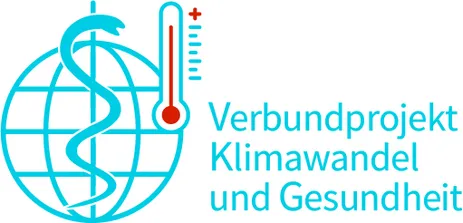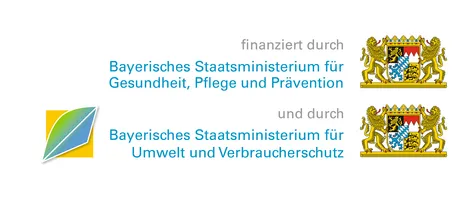Urban oases in climate change - Social-ecological functions of urban green space
Context
Urban green spaces, including trees, park areas and forests, are becoming increasingly important due to trends towards urbanisation and urban sprawl, as well as increasing heat waves. As nature-based measures for climate protection and adaptation, but also to promote urban biodiversity and public health. Through microclimatic regulation and space for experiencing nature, physical activity, recreation and social interaction, they contribute directly and indirectly to the well-being of the urban population. At the same time, depending on their location, degree of connectivity and structural complexity, these green spaces also fulfil important habitat functions for various species. The project ‘Urban oases in climate change’ aims to analyse how the objective and subjective qualities and quantities of public green spaces are related to the functions of microclimate regulation, provision of thermal comfort, recreation and other predictors of human health using the example of 32 public green spaces in Munich, which represent three size categories and a gradient of structural complexity of woody vegetation. The focus is on the potential of small public green spaces (<2ha) with regard to the functions mentioned. We work with methods from forest sciences, meteorology and a mixed method approach of empirical social research.
Goals
The aim of the project is firstly to investigate the effects that urban oases can have on the immediate environment and human health and which vegetation structures prove to be beneficial for preventive health care and the measured and perceived microclimate within the urban oases. On the other hand, the project aims to derive target-oriented recommendations for action for the future development of green spaces in cities based on the results.
Small but mighty - does size matter?
In a growing city like Munich, we believe that small, structurally rich and interconnected areas have the potential to reconcile the goals of climate adaptation, biodiversity promotion and public health in a socially responsible way.
Team & Contact
Monika Egerer (PI, TUM-UPE), monika.egerer(at)tum.de
Peter Annighöfer, (PI, TUM-FAFSYS), peter.annighoefer(at)tum.de
Michael Suda (PI, ehem. TUM-WUP), michael.suda(at)tum.de
Sophie Arzberger (PhD, TUM FAFSYS), sophie.arzberger(at)tum.de
Birgit Probst (PhD, TUM-UPE), birgit.probst(at)tum.de
Stefanie Burger (PhD, TUM-UPE), stefanie.burger(at)tum.de
Duration
01.05.2022 until 30.09.2025
Funding
This research is funded by the Bavarian State Ministry for Health and Care (StMGP), as well as the Bavarian State Ministry for the Environment and Consumer Protection (StMUV) under the project name "Klimawandel und Gesundheit" (VKG) and carried out with the support of the Bavarian State Office for Health and Food Safety (LGL), as well as the Bavarian State Office for the Environment (LfU).

